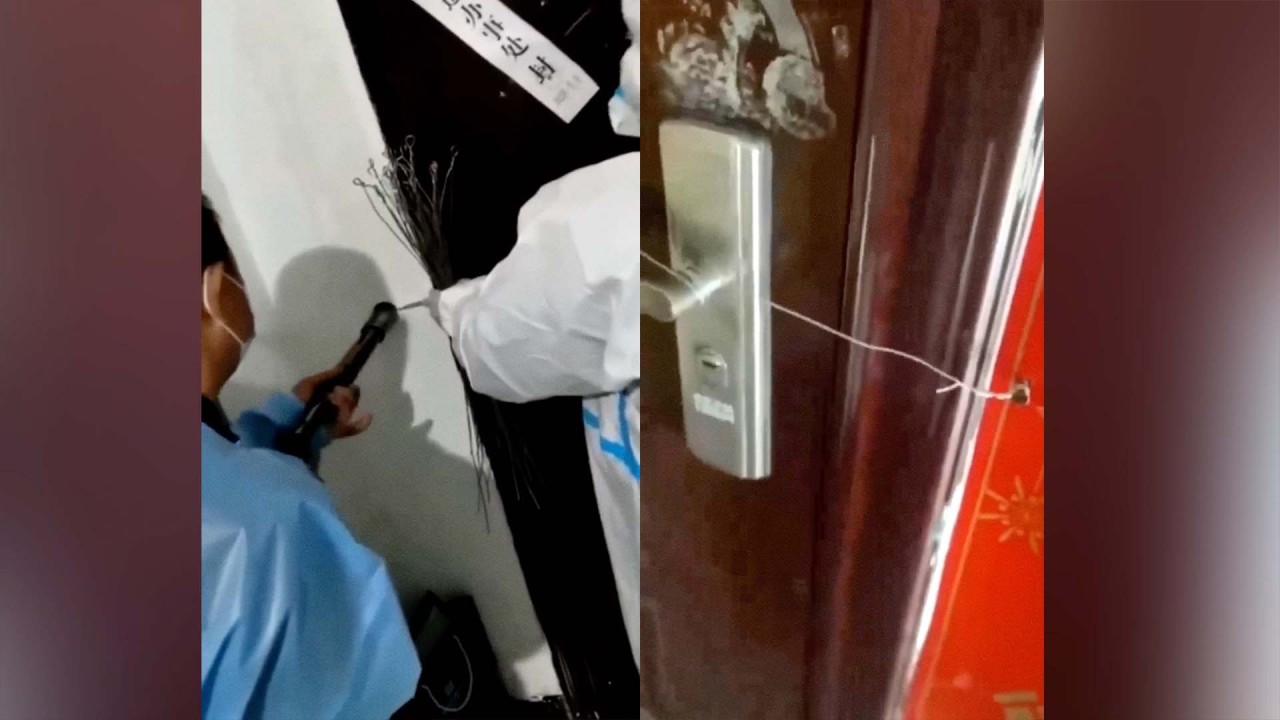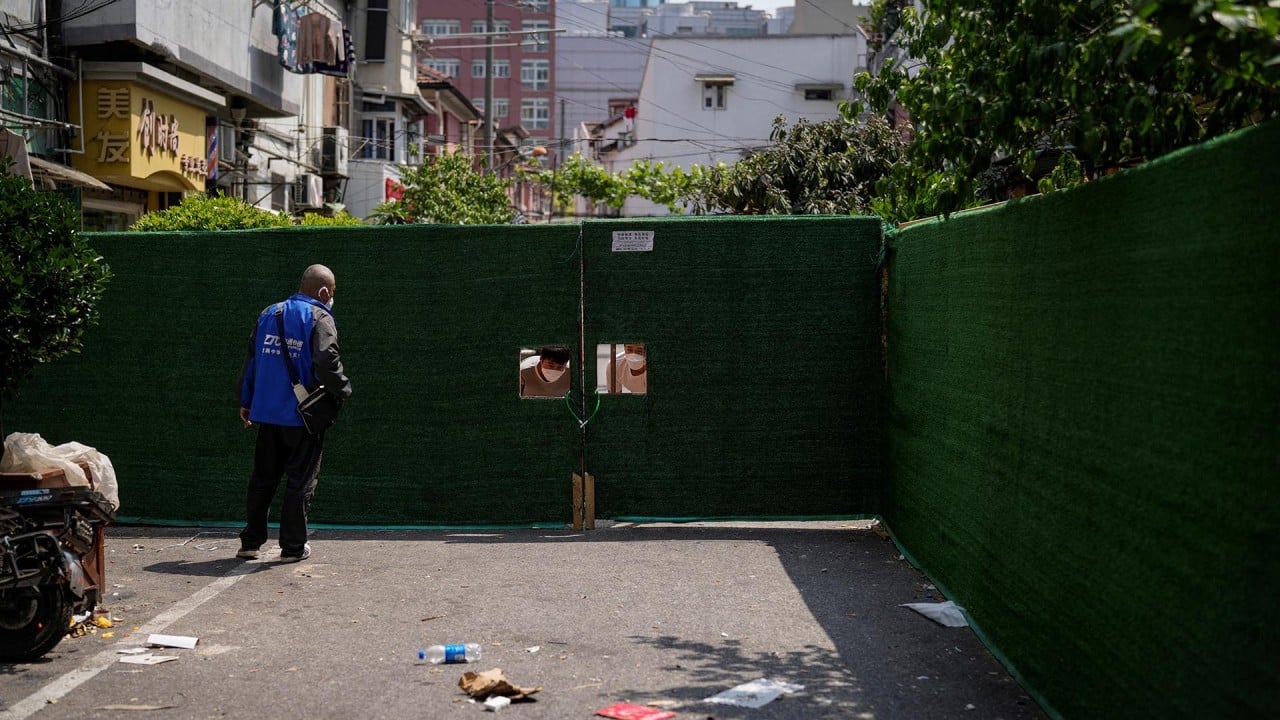
China’s zero-Covid rules, Ukraine war creating ‘severe challenges’ for European businesses
- Some 23 per cent of European companies are considering shifting current or planned investments out of China due to Covid-19 controls, a new survey shows
- The survey also found that 60 per cent of companies have cut their China revenue forecasts for 2022 and a third have reduced headcounts due to virus controls
A flash survey by the European Union Chamber of Commerce in China and management consulting firm Roland Berger said 23 per cent of companies polled are considering shifting current or planned investments out of the country due to the Covid-19 controls.
That was more than double the number of firms that were considering doing so at the beginning of the year, and marked the highest proportion in a decade, the survey said.
China’s foreign firms decry ‘rapidly mounting’ costs of zero-Covid measures
Some 75 per cent of respondents said China needs to shift away from the draconian Covid-19 containment measures it uses at the moment, with 91 per cent believing the country should focus on vaccinating the population.
Chamber president Joerg Wuttke said European firms were calling for action from the government.
“It is basically a wake-up call for the government, something has to happen,” he told media on Thursday.
“China is 30 per cent of global trade, we need China to be efficient ... China has the best infrastructure and the most efficient clusters.
“If they are not available or hampered by Covid policies, we have big problems globally.”
The chamber also said that 7 per cent of the companies polled were considering moving from China – a staunch ally of Russia – due to the war in Ukraine.
“Both factors are creating severe challenges to European business in China,” the business lobby said in its survey.
“Supply chains have taken a pounding, both upstream and downstream,” the chamber said.
The predictability of the Chinese market was always one of its strengths. That has gone out the window
The survey found that 60 per cent of companies have cut revenue forecasts for 2022 and a third have reduced headcounts due to virus controls.
Wuttke said that if the situation continues European companies would increasingly evaluate alternatives to China.
“A predictable, functioning market is better than one that, despite having high growth potential, is volatile and suffers from supply chain paralysis,” he said in a statement accompanying the survey.
In a letter to Vice-Premier Hu Chunhua that was leaked last month, the chamber called for China to shift away from the “old toolbox” of mass testing and isolation and instead employ “the best mix” of vaccinations and boosters, while allowing positive cases with no or mild symptoms to quarantine at home.
But Wuttke said he did not expect Beijing to adjust its zero-Covid policy any time soon.
“The predictability of the Chinese market was always one of its strengths. That has gone out the window,” he told reporters.
“As long as China does not signal that it is learning how to live with Omicron, we have to assume that China will not change the zero tolerance policy.
Though the hardline policy worked well initially, China runs the risk of becoming a victim of its past success, Wuttke said.
“What our survey is indicating is there will possibly be less investment into China and the substitutes will be in Southeast Asia,” he said. “And that is very easy.”
The war is exacerbating challenges faced by businesses as supply chains disintegrate
“The war is exacerbating challenges faced by businesses as supply chains disintegrate,” the chamber said. “Nearly two thirds of respondents have faced disruptions transporting goods to and from Europe.”
Rising material and energy prices have also affected more than half of European companies polled, it added.
Denis Depoux, global managing director of Roland Berger, said the virus controls have affected companies’ ability to make sound business decisions in an overall deteriorating economic environment due to the Ukraine war.
“A clearer crisis exit strategy would help maintain confidence in a European business community still highly committed to Chinese markets,” said Depoux.
Despite the frustrations of foreign businesses, China is still on a charm offensive to woo more overseas investors.
“[We should] actively respond to demands of foreign-funded enterprises for ease of doing business in China, to stabilise the bedrock of foreign trade and foreign investment,” the 25-member Politburo, the centre of power within the Communist Party, said in a statement after a meeting last Friday.
Wuttke said the message was welcomed, but more work was needed.
“The core of what we are saying today is that we cannot make a decision if we cannot enter the country, we cannot get our goods moving within China, and we don’t know when that is going to happen, because no one tells us when China changes policy,” he said, adding the attitude does not work any more.




